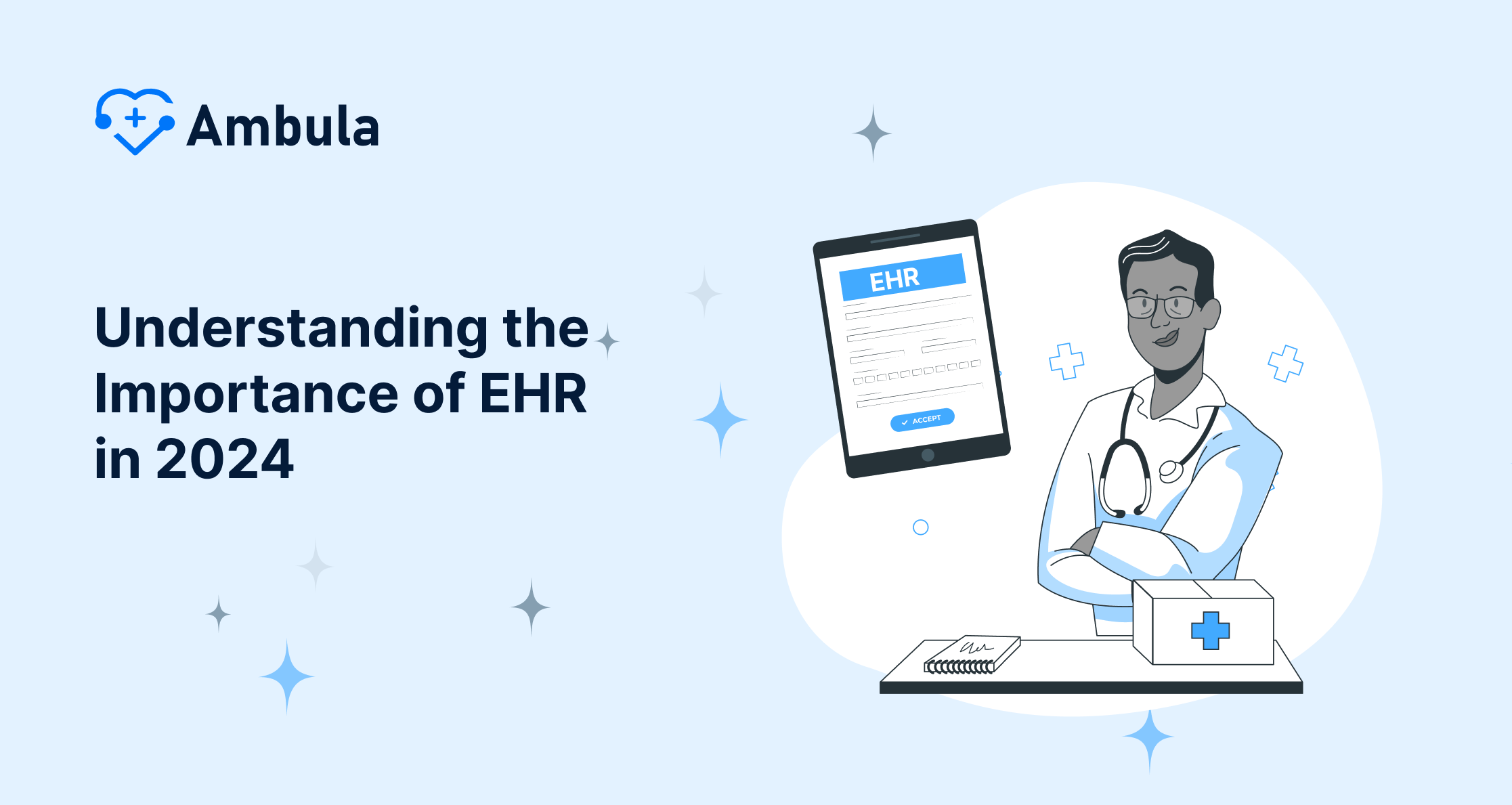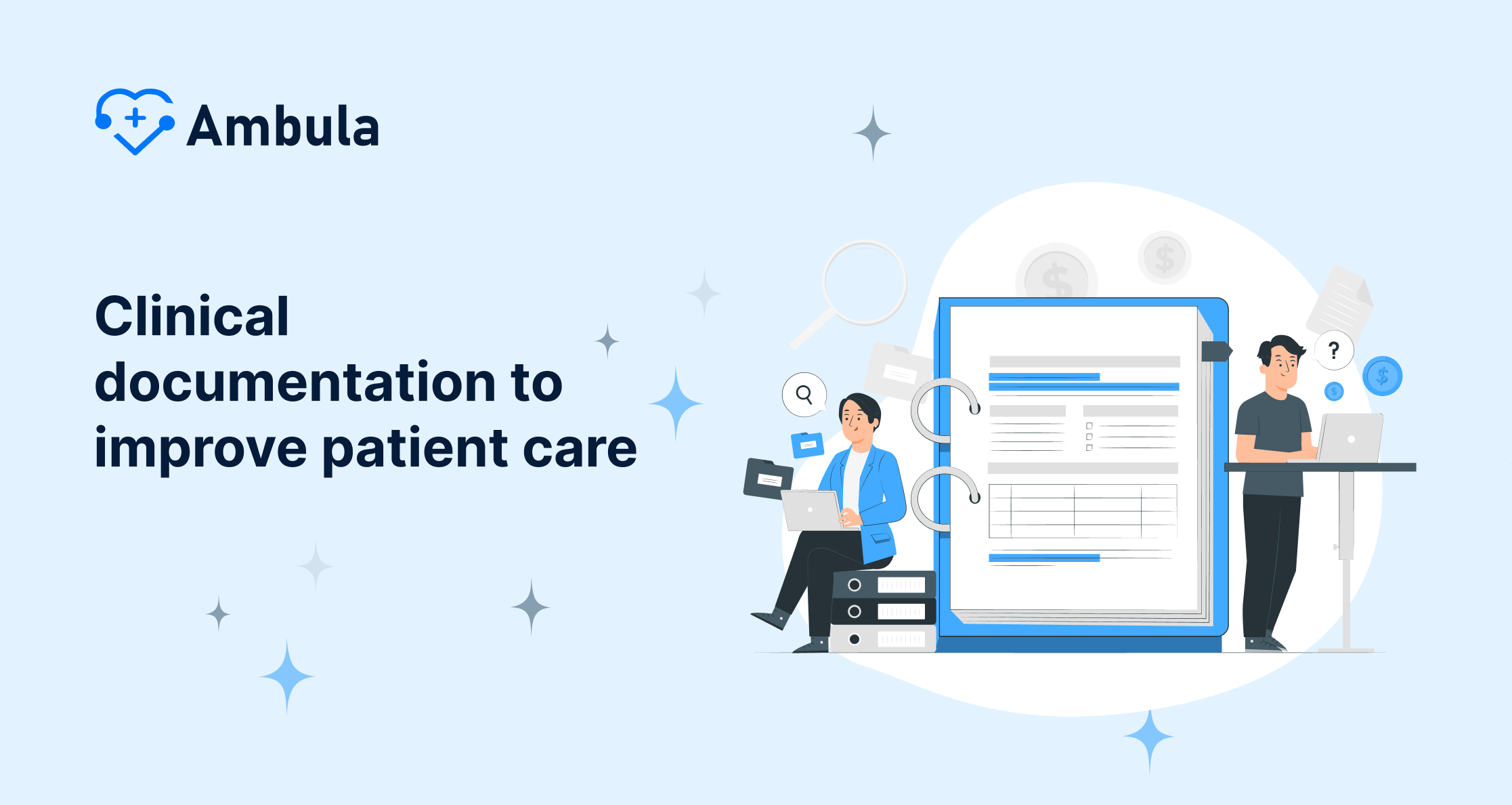Did you know that 95% of potential drugs fail clinical trials, wasting billions of dollars and precious time? This staggering statistic reveals the inefficiency and high failure rate inherent in traditional drug discovery. It emphasizes the need for innovative approaches like AI to sift through vast datasets, identify promising candidates, and optimize development pipelines. This data-driven approach emphasizes the critical need for change and positions AI as a potential solution to a significant bottleneck in medical progress.
In the relentless pursuit of medical breakthroughs, traditional research methods often feel like a slow march through a dense jungle. Sifting through mountains of data, identifying hidden patterns, and navigating complex biological pathways can be arduous and time-consuming, leaving precious few discoveries for those desperately waiting. But on the horizon, a powerful tool emerges: Artificial intelligence (AI). This transformative technology isn’t just a futuristic dream; it’s already revolutionizing medical research, acting as a tireless assistant with unparalleled analytical abilities. Imagine AI as a super-powered microscope, zooming in on vast datasets of genetic information, medical images, and clinical trials, revealing connections and patterns invisible to the human eye.
Impact of AI on different aspects of research
Drug discovery and development
The traditional drug discovery journey resembles a daunting trek through a dense jungle, with researchers meticulously analyzing data, identifying hidden patterns, and navigating intricate biological pathways. This slow and costly process often leaves precious few breakthroughs for those desperately in need. But a powerful tool emerges, offering a beacon of hope: artificial intelligence (AI).
This transformative technology acts as a tireless researcher, its analytical abilities far exceeding anything human. Imagine AI as a super-powered microscope, zooming in on vast datasets of genetic information, medical images, and clinical trials. It reveals connections and patterns invisible to the human eye, fueling breakthroughs at an accelerated pace.
Clinical trials
Clinical trials, the vital gateway to bringing promising treatments to the wider world, often struggle with sluggish recruitment, mountains of unwieldy data, and suboptimal design. But a beacon of hope emerges – Artificial Intelligence (AI). This transformative technology offers a three-pronged approach to streamline these trials, ultimately accelerating progress and saving lives.
Imagine AI as a tireless and meticulous assistant, meticulously sifting through vast medical databases. It identifies individuals with characteristics that perfectly align with specific trial criteria, ensuring faster recruitment and increasing the likelihood of successful outcomes. Additionally, AI can predict how likely a patient is to respond positively to the treatment, allowing for more targeted recruitment and preventing the involvement of unsuitable participants, saving valuable resources. This ensures trials represent diverse populations, leading to generalizable results and equitable access to new treatments for all.
But AI’s prowess extends beyond patient selection. When faced with mountains of data generated by clinical trials, AI acts as a tireless data wrangler. It automates tedious tasks like data cleaning and formatting, freeing up researchers to delve deeper into meaningful analysis. More importantly, AI can analyze these vast datasets with unprecedented speed and accuracy, uncovering hidden patterns and correlations that might elude human researchers. This aids in identifying potential treatment effects, predicting future outcomes, and even continuously monitoring trials in real-time, allowing for early intervention and course correction, improving both safety and effectiveness.
Personalized medicine
The one-size-fits-all approach to medicine may soon be relegated to the pages of history. Artificial intelligence (AI) is ushering in a new era of personalized medicine, tailoring treatment plans to the unique genetic and health data of each individual. This paradigm shift holds immense promise for revolutionizing healthcare, offering a future where proactive intervention and targeted therapies replace generalized approaches.
Traditionally, treatment decisions have been guided by population averages gleaned from clinical trials involving large groups of patients. While effective for many, this method fails to account for the inherent interindividual variability in drug metabolism, disease susceptibility, and response to treatment. This is where AI steps in, its analytical prowess capable of deciphering the intricate language of individual genomes and health histories.
Public health research
In the ever-evolving landscape of public health, the ability to anticipate and effectively manage disease outbreaks is paramount. While traditional methods have served us well, the sheer volume and complexity of data generated today necessitates a more sophisticated approach. Artificial intelligence (AI) emerges as a powerful ally, wielding its analytical prowess to analyze vast datasets and revolutionize outbreak response.
By applying sophisticated algorithms, AI can detect subtle patterns and correlations that might elude human analysis. Early signs of an outbreak, hidden within seemingly disparate data points, become discernible, allowing for timely intervention and containment.
Predicting the Unpredictable
Disease outbreaks are rarely linear, exhibiting complex dynamics influenced by myriad factors. AI, however, can leverage its predictive capabilities to model potential scenarios and forecast the trajectory of an outbreak. By analyzing historical data, weather patterns, and population demographics, AI can estimate the spread of the disease, its potential impact, and even identify high-risk populations. This foresight empowers public health officials to allocate resources strategically, deploy targeted interventions, and mitigate the overall impact of the outbreak.
Real-World Examples of AI Success in Medical Research
1. DeepMind & AlphaFold: Unfolding Protein Structures:
- Project: DeepMind, owned by Google, developed AlphaFold, a deep learning program that predicts protein structures with unprecedented accuracy. This is crucial for understanding protein function and designing new drugs.
- Methodology: AlphaFold uses artificial neural networks trained on massive datasets of protein sequences and 3D structures. It analyzes the sequence of amino acids in a protein to predict its folded structure, even when no similar structure exists in the database.
2. IBM Watson for Drug Discovery:
- Project: IBM Watson is a cognitive computing platform used by several companies for drug discovery. One example is its work with Freenome, which uses Watson to analyze genetic and microbiome data to identify early cancer biomarkers.
- Methodology: Watson analyzes vast datasets of scientific literature, clinical trials, and patient data to identify potential drug targets and predict the efficacy of potential drug candidates. This streamlines the discovery process and reduces the risk of failure in clinical trials.
Benefits and Challenges
(AI) has stormed into the realm of medical research, wielding a double-edged sword of immense potential and significant challenges. On one hand, its speed, accuracy, and efficiency promise to accelerate discoveries, refine diagnoses, and personalize treatments.
The ai with all its good benefits and potential comes with a hefty set of challenges. Data privacy concerns loom large, demanding robust measures to protect sensitive patient information. The “black box” nature of AI, where the reasoning behind its conclusions remains opaque, can hinder trust and ethical implementation. Additionally, AI algorithms can inherit biases from the data they’re trained on, potentially leading to discriminatory outcomes in healthcare. This necessitates careful development and ongoing monitoring to mitigate such biases. Furthermore, regulations might struggle to keep pace with the rapid evolution of AI, creating roadblocks for implementation and approval. Finally, ensuring equitable access to AI-powered healthcare solutions across diverse populations is crucial to avoid widening healthcare disparities.
Navigating these challenges requires a multi-pronged approach. Transparency and explainability are key, where AI models become more readily interpretable, fostering trust and ethical utilization. Data privacy demands robust governance and privacy-preserving technologies. We must actively combat bias by employing diverse datasets, fairness-aware algorithms, and continuous monitoring. Collaboration between AI developers and healthcare professionals is essential for responsible development and implementation. Additionally, regulations need to adapt to this dynamic landscape, ensuring patient safety while not stifling innovation. Finally, promoting equity and access through targeted initiatives ensures everyone benefits from this transformative technology.
Conclusion
The impact of AI on medical research is undeniable, a force both powerful and complex. While its speed, accuracy, and efficiency offer unparalleled potential for accelerating discoveries, refining diagnoses, and personalizing treatments, challenges like data privacy, explainability, bias, and equitable access demand careful consideration.
AI unlocking new research avenues, streamlining drug discovery, and empowering doctors with personalized insights. But achieving this vision necessitates a concerted effort. We must develop transparent and explainable AI models, safeguard patient data privacy, mitigate algorithmic bias, and ensure equitable access to this transformative technology.
Let us not shy away from the challenges, but rather see them as stepping stones on the path to a healthier future. By fostering collaboration between AI developers and healthcare professionals, adapting regulations to embrace innovation, and prioritizing ethical considerations, we can unlock the full potential of AI in medical research.




